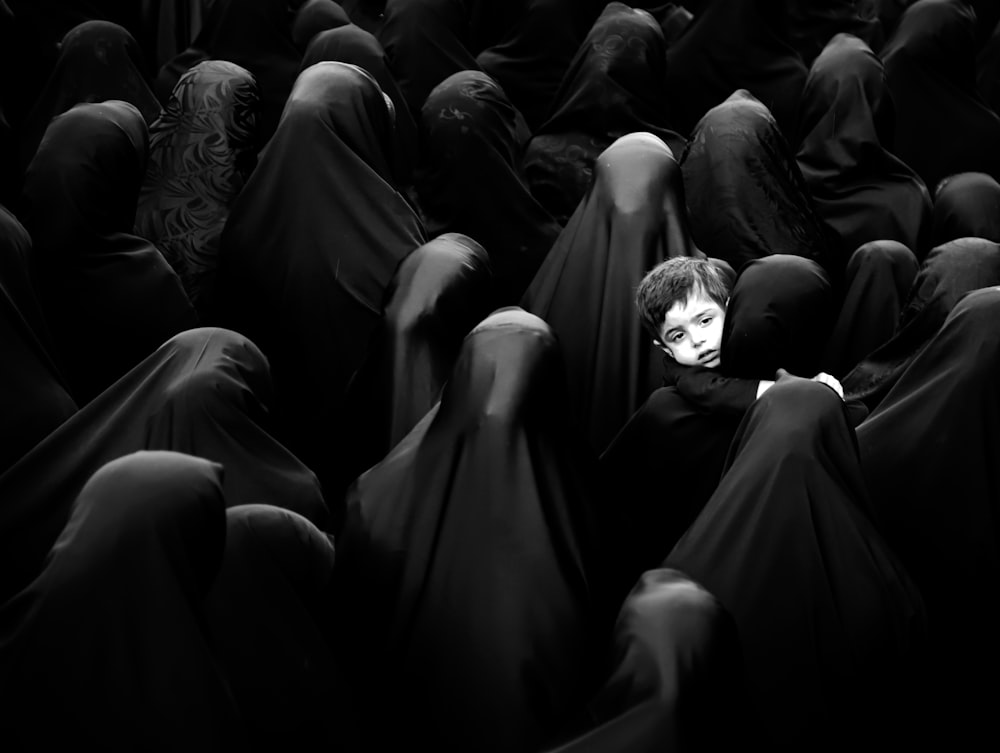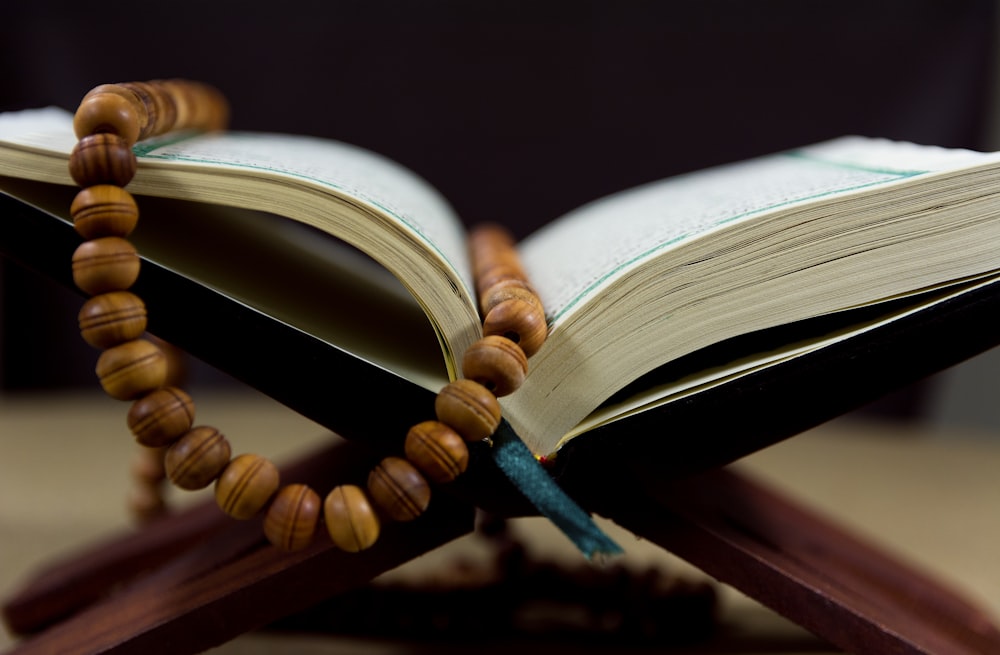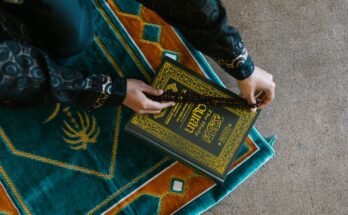Civil Islamic practices: Knowing an Ancient Religion
The Middle East is a small region that gave rise to the world’s three monotheistic religions: Islam, Christianity, and Judaism. Abraham was born around 1900 years before Jesus was born at Bethlehem, Palestine, in the city of Ur in Mesopotamia (Iraq). Muhammad was born in 570 A.D. at Mecca, Saudi Arabia. Jesus spent a brief time in Egypt, as did Moses, and Muhammad journeyed across the Arabian Peninsula. Do you want to know Civil Islamic practices?
The words “Islam” and “salaam,” which mean “peace” and “the condition of peace,” are derived from the same root. Islam signifies peacefully giving up oneself. Therefore, a Muslim is someone who, in peace, gives himself over to God. Islam is a free acceptance of the religion with the heart, mind, and soul. Thus, to surrender to Islam is to embrace the principles of faith without reservation and to adhere to the text as well as the spirit of the Qur’anic teachings.
Shariah: Civil Islamic Law
Image credits: Unsplash.com
The primary source of Islamic law, or Sharia, is the Qur’an. It lays the foundation for relationships between Muslims and non-Muslims, as well as between people and creation. The Sharia offers the framework for organizing and governing Muslim societies as well as a mechanism of resolving disputes between people and the state.
Complementary to the Qur’an, the Hadith and Sunna contain the sayings and narratives of the Prophet’s deeds.
Quran and the Civil Law
Image credits: Unsplash.com
The field of interpretation science (ilm usul aI-fiqh) includes these and other regulations. For instance, one is required under these principles to first make reference to a specific provision before moving on to a broader provision that addresses that particular scenario.
Clear language and simplicity are always preferable. Likewise, divergent interpretations cannot change the unambiguous spirit of some mandates. As with the theory of ijtihad (progressive reasoning by analogy), a policy-oriented interpretation is acceptable and even encouraged within the bounds of jurisprudential norms.
A Universal law?
Image credits: Unsplash.com
Muslim academics view Islam as a timeless religion and legal system rather than as a religion that is always changing. Therefore, the application is the one that can change. Indeed, Islam can, as intended, offer the solution to today’s social issues through the disciplined reading of the Qur’anic verses, in conjunction with the Hadith, Sunna, and other sources of interpretation.
Islam was a revolution in law, society, and spirituality fourteen centuries ago. For the most part, this is what enlightened fundamentalist Muslims believe. Thus, Islamic fundamentalism does not represent a retrograde understanding of the past or the present. Islam was neither authoritarian nor regressive during the height of its civilization, which occurred between the seventh and the eleventh century. It was a force for justice and reform that was progressive, humanistic, and juridical.
Various of thoughts on Islam: Civil Islamic Law
The development of Islamic jurisprudence spans fourteen centuries. Many schools of law have developed over that time, each with its own interpretation and application of the Sharia. Numerous schools continued to divide, forming new institutions that used various applications and interpretive philosophies.
The thriving diversity of opinions and ideas demonstrates the depth and scope of Islamic jurisprudence. Nothing, however, stops a state from codifying Sharia in order to increase legal certainty and promote uniformity and clarity in its application. Many Muslim states have followed suit; Egypt is the most developed, with centuries of legal tradition and the thousand-year-old Al-Azhar University (which was once dedicated only to Islamic studies but now encompasses all disciplines) combining to make Islamic law a model for the Muslim world at large.
The Sunni and Shia
Image credits: Unsplash.com
Shia tradition, which is practiced by the majority of Muslims worldwide, is distinct from Sunni tradition, which is currently practiced by 85–90% of all Muslims. The two traditions’ main differences stem from their divergent approaches to governance.
The Sunni hold that the Muslim people should be governed by consensus (ijma) under democratic principles by means of an elected head of state, the khalifa, based on certain verses of the Qur’an and the Sunna. On the other hand, the Shia hold that the imam, or head of Islam, has to be a direct descendant of the Prophet; they call him the imam instead of the khalifa. The Shia tradition’s hereditary hierarchy is based on this idea.
The interpretation of the Qur’an is the most significant area of disagreement between Sunni and Shia. The Qur’an’s letter is more important to Sunnis than its spirit is to Shia.
Social system and morality: Civil Islamic Law

Image credits: Pexels.com
One of the Prophet’s most significant hadiths (sayings) is that religion is not about formal, ceremonial practices, but about how one treats other people. Thus, being pious alone is insufficient if one does not carry out acts that reflect their convictions.
Islam is one the ancient religions in the world. However due to some unfortunate like 9/11 Islam had to face lot of criticism. This criticism tainted its image. And it resulted even in questioning its tenants and philosophy. Our attempt to rediscover its inherent humanitarian ideology and bursting many conceptions about Islam.
This guide has covered many aspects on Islam. The underlying thought is to familiarize you about an antique religion. It should be kept in mind that every religion is humane. There exists no religion which promotes violence or genocide. It is our ethical and moral duty to present before others a better picture of world. The future is in our hands. We should build our critical ability so that we are aware what is being presented before us. The propagandistic ideology will surely harm us. Seedtimes the loss is so intense that it nearly irrecoverable. We should come together to paint a peaceful future. Because we are the change.








